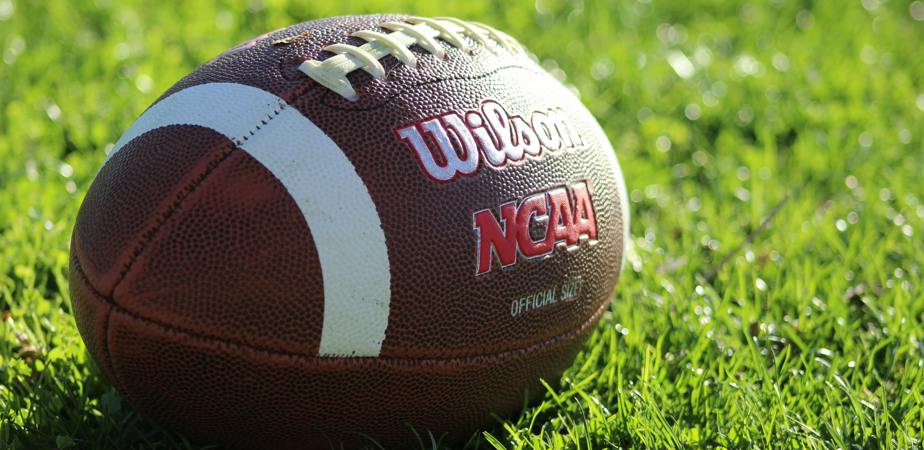
May 06, 2025
At USREPS, our mission is to uphold the highest standards of professionalism, safety, and credibility across the fitness and strength and conditioning professions. The heartbreaking death of 18-year-old CJ Dickey, a freshman football player at Bucknell University, brings this mission into painful focus.
According to recent reports, CJ collapsed during his first practice on July 10, 2024, while performing an intense series of up-downs in the university’s training facility. Two days later, he passed away in the hospital, with the autopsy identifying exercise-associated collapse connected with sickle cell trait, rhabdomyolysis, and acute renal failure as the causes. His family has since filed a civil lawsuit alleging that his death was the result of a hazing ritual and that school officials failed to take necessary precautions despite knowing his medical condition.
This case is not just about one tragic incident; it’s about the larger systemic failures that occur when safety protocols are overlooked, and un- or under-qualified or unsupervised strength and conditioning leadership puts lives at risk.
A Call for Credentialed Accountability
USREPS verifies the credentials of over 130,000 fitness professionals, including strength and conditioning coaches, personal trainers, exercise physiologists, and group exercise instructors. These credentials are awarded by NCCA-accredited or ISO 17024-compliant certification programs—standards that require rigorous education, continuous training to maintain competence, and compliance with ethical guidelines.
The tragic death of CJ Dickey indeed serves as a stark reminder of the critical importance of credentialing standards and the safeguards that come with them in the realm of athletics. The NCCA's certification standards, which encompass not only education and ethics but also regular emergency action planning, are essential in preventing such tragedies. These standards are far more than compliance requirements. They are key to ensuring that athletic environments prioritize the safety and health of participants.
This moment calls for a shift from reactive measures to proactive systems that center on athlete safety. By requiring that all personnel, including coaches, trainers, and other staff, are properly credentialed and fully committed to the health and safety of athletes, institutions can build a culture of care that prioritizes preparation, prevention, and well-being. It's a shared responsibility that demands immediate action to safeguard the lives of those we entrust to these athletic environments.
Why We Advocate
USREPS is more than a registry. We’re a collective of advocates for the exercise profession. We believe that exercise professionals must not only meet credible certification standards but also be held accountable. Our role is to ensure that when an individual claims to be a certified coach or trainer, that claim can be verified and that their credentials reflect a commitment to both physical excellence and ethical responsibility.
CJ’s death was preventable. It underscores the importance of knowing who is qualified to lead athletes and what protocols must be followed, especially in high-stakes environments like collegiate sports. We owe it to every athlete to ensure that the professionals guiding them are credentialed, competent, and committed to their well-being.





